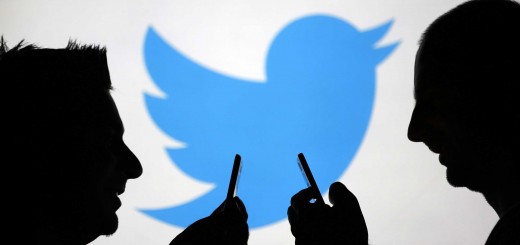SnapChat’s Evan Spiegel on immediacy & storytelling in social media
It is after what he describes as a ‘series of unfortunate incidents’ that Evan Spiegel, Co-Founder and CEO of SnapChat, had the time to create a social platform that took a different view on how people profiled themselves and of storytelling. His venture prior to SnapChat, which was also in partnership with Bobby Murphy (Co-Founder, SnapChat) had failed. He was “thrown out” of his fraternity and moved to another where he did not know people, and he had broken off a three-year old relationship. “In the context of not a lot to do, this was when we began work on SnapChat,” Mr Spiegel recalled.
The beginnings were simple. The logo was hand drawn by Mr Spiegel and the colour yellow was chosen because “none of the top 100 popular apps were yellow in colour”. While the success of SnapChat is evidence enough of how the platform’s simplicity paid off, Mr Spiegel believes that there were some fundamental areas of difference between SnapChat and other platforms. He said, “While I think there are a few points to that but for me the most important one has to be restoring immediacy to conversations – which is not what social platforms were about. The second, which has even surprised us in the way it caught up, is our stories product. We started putting stories and videos in a chronological order and that really works.”
In his view, prior to SnapChat, social media has been more about a repository. “It was ‘I am very experience I have ever had’. But for SnapChat, a person is a result of those experiences. Social platforms can grow at a rapid pace, and a profile is said to be a copy of the user but that changes. Our approach really targeted that,” he informed.
Brands should not behave like buddies
SnapChat also challenged the mindset that brands should behave like people on social media platforms in order to become a part of the conversations. “Social media really became about bringing products to people and then jamming brands in that. Brands tend to have a certain identity and message, and they change the way they express it. But this is not true for people. So, fundamentally it has to be different. It is a nuance but while brands should be friendly, they cannot behave like buddies,” Mr Spiegel stated.
This was also the time that SnapChat began working on the stories product that essentially looked at different events around the world and encouraged users to create a public story collection through their videos and images. “We believe that many different perspectives are better than anyone. When you see an event from 10000 perspectives, it has the depth of the event,” he explained.
After the initial success of the product, SnapChat took more steps including hiring journalists to equip itself better in covering events competently. The platform follows an average 24-hours timeframe for its stories.
Evan Spiegel on four points that drive SnapChat
How do you keep your people motivated and moving forward?
One of the saddest things that happens with creativity is sometimes it is not expressed because of fear. And one of the hardest parts about social media is that because it is so quantified, there is real pressure to do something that would appeal to a broader base of people. I am not sure that how it should be the way with creative process. We don’t try and hurry ourselves and we take our time in releasing our products.
How many of your products make it to public?
Less than one per cent – we really do a lot of internal back and forth, and dialogue, before we release a product.
Can the expectations to be successful be daunting?
There is pressure and there is immense uncertainty. The uncertainty element can be daunting at time but we are alright with that.
What motivates you?
We really try to understand the world from other people’s views, and empathise. Listening to the way people feel is of great value and definitely the concept of being fun and playful – that is something that helps in taking the pressure off.



